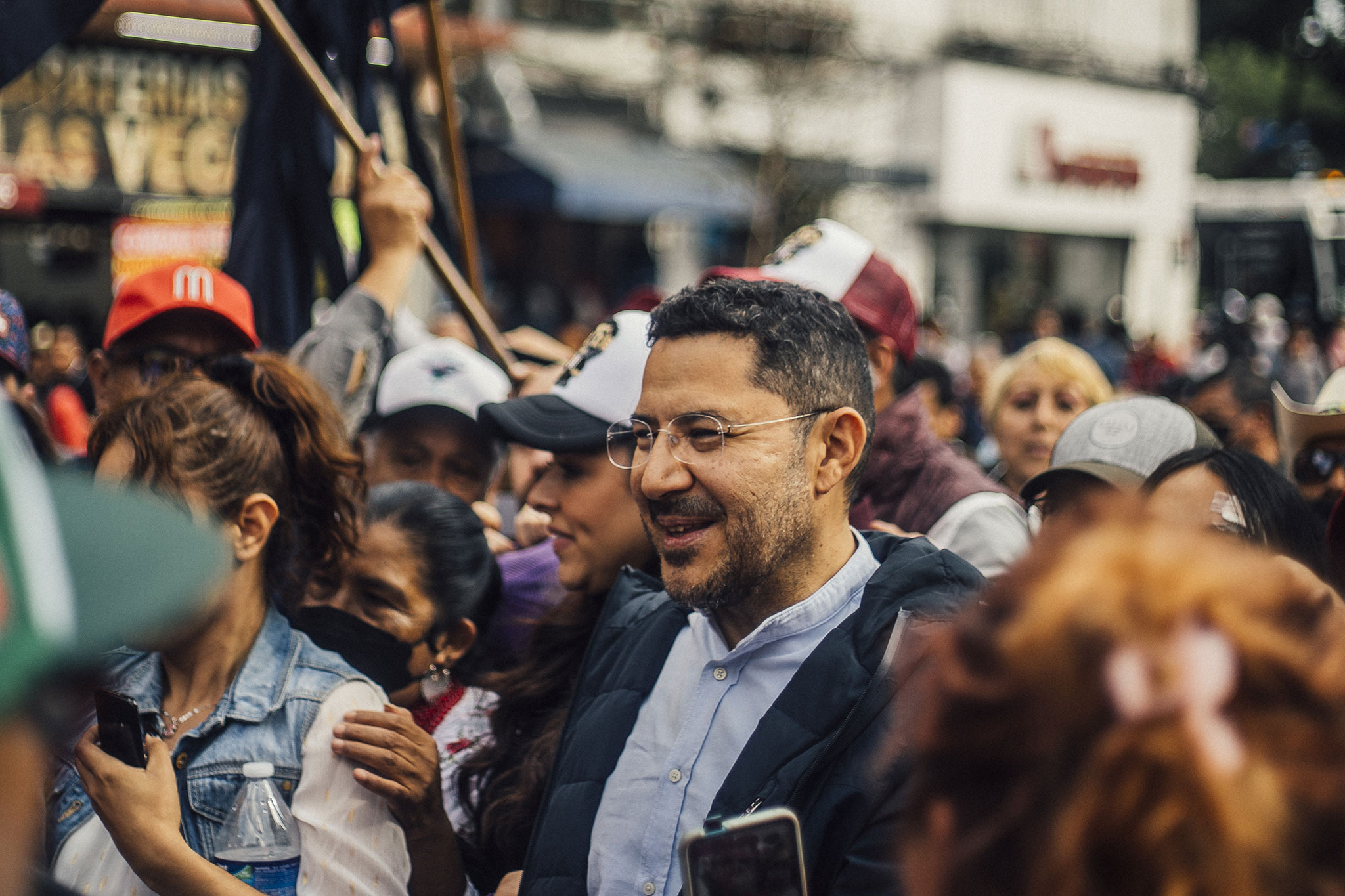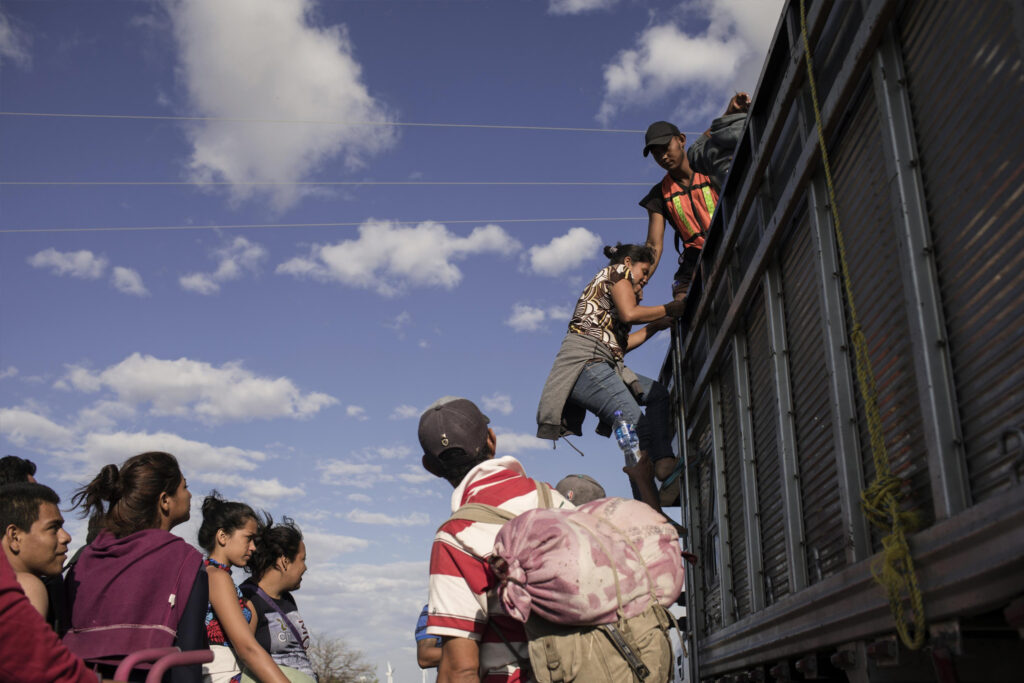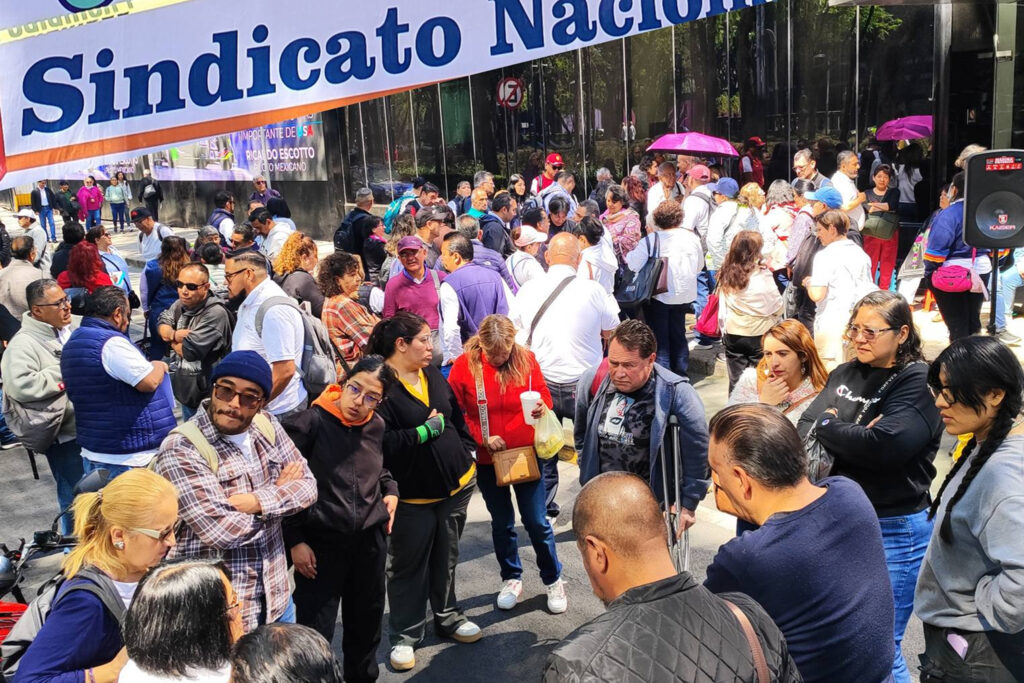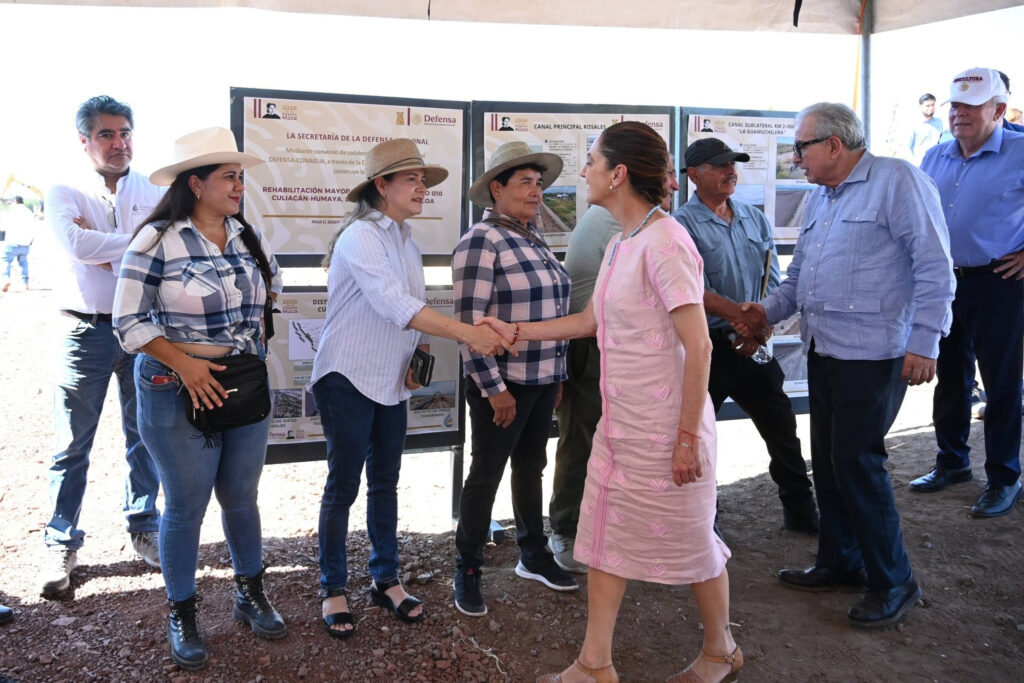Martí Batres & ISSSTE’s Transformation
This article by Héctor Zariñana originally appeared in the October 18, 2025 edition of Sin Línea. The views expressed in this article are the author’s own and do not necessarily reflect those of the Mexico Solidarity Project.
One year after Martí Batres assumed the general direction of the Institute of Social Security and Services for State Workers (ISSSTE), the results are overwhelming. The institute has left behind the inertia of neoliberal abandonment to regain its social, public, and human character. Under his leadership, the ISSSTE has made firm progress toward recovering its essence: serving state workers with dignity, efficiency, and transparency.
One of the most important pillars of this new phase has been the strengthening of the La Clínica es Nuestra program, an initiative that places the medical community and its members at the center of decision-making. This program has given back a voice to those who experience the day-to-day operations of medical units, allowing them to decide on priorities for equipment, infrastructure, and maintenance. This represents a historic shift in the way we understand public health: from a vertical and bureaucratic model to a participatory and democratic one.
Another significant action has been the recovery of spaces and properties that for years had been in the hands of private foundations and organizations that profited from the ISSSTE name without accounting for the resources obtained. Martí Batres has brought order and transparency where there was previously opacity, recovering public assets that now return to the service of workers. This is an act of institutional justice and a defense of the common good against the covert privatization that characterized previous governments.
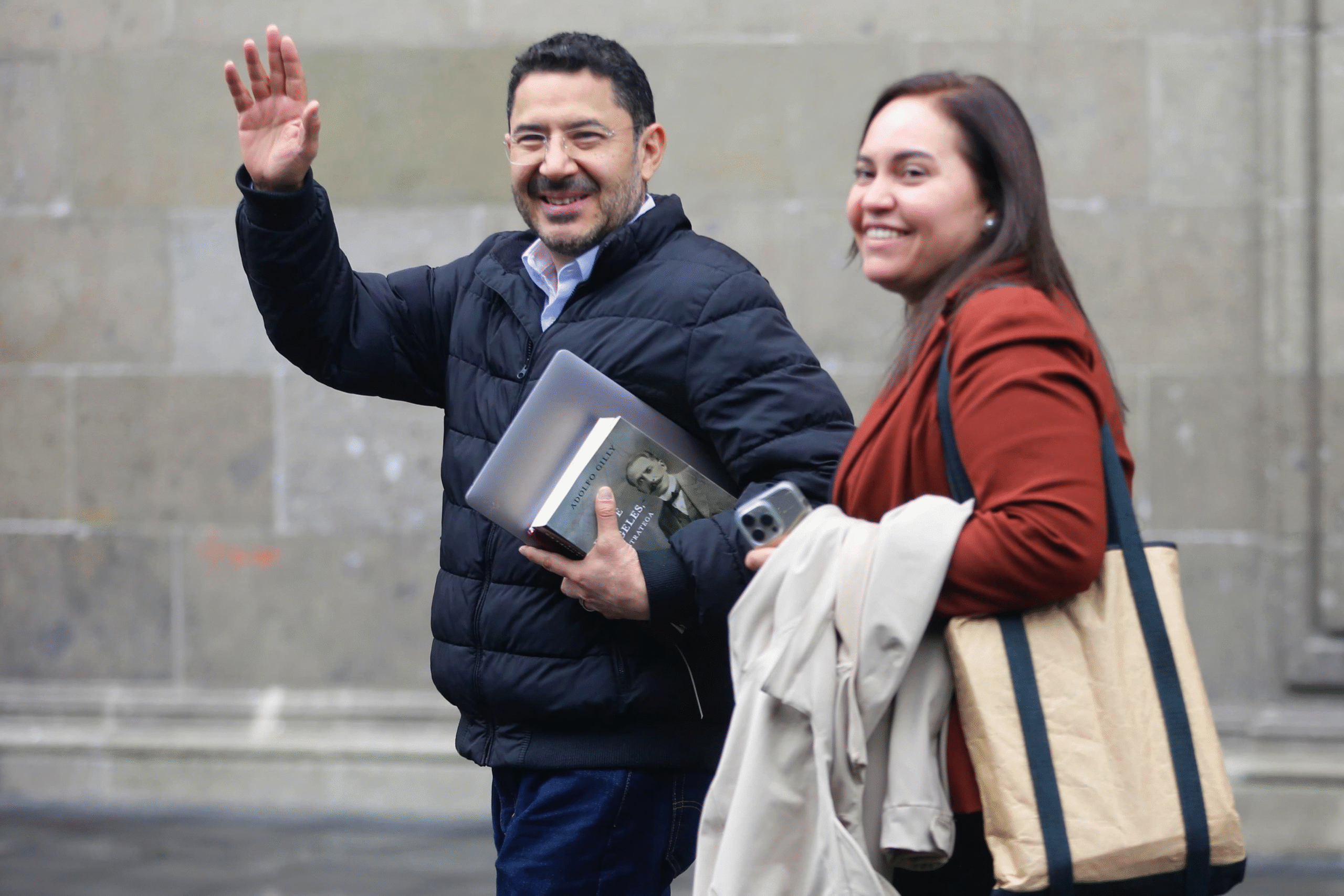
In the technological field, ISSSTE has taken a leap toward the medicine of the future with the acquisition of Da Vinci robots, state-of-the-art surgical systems that will allow for highly precise and minimally invasive procedures. This modernization not only improves the quality of medical services but also reaffirms the institute’s commitment to innovation that serves the people, not profit.
Martí Batres ‘s vision has also focused on rescuing abandoned spaces to convert them into new health centers, as in the emblematic case of Tlaxcoaque, in the heart of Mexico City. What was once a symbol of institutional decay will now be an example of reconstruction and hope. This demonstrates that the Fourth Transformation not only cleanses corruption but also rebuilds what was destroyed.
Likewise, a profoundly humane measure has been implemented: the issuance of permanently valid credentials. This change eliminates unnecessary procedures and represents an act of respect for beneficiaries, who for years suffered bureaucracy and disdain. Now, the ISSSTE recognizes their full right to social security, without obstacles or absurd expiration dates.
But perhaps the most important change isn’t measured in numbers or projects, but in attitudes: the implementation of the Dignified Treatment of Entitled Persons strategy. With this strategy, Martí Batres has sown a new institutional culture based on respect, empathy, and sensitivity toward state workers and their families. Because the transformation lies not only in the facilities or medical equipment, but in the way the state relates to its people.

One year into his administration, Martí Batres has demonstrated that ISSSTE can be an example of honest, modern, and accessible public service. The recovery of spaces, technological modernization, transparency in resources, and a human focus demonstrate that the Fourth Transformation is also taking place in the health sector.
ISSSTE is leaving behind the privatization and commercial logic that has plagued it for decades. Today, it is building a dignified, efficient, and profoundly social institution.
ISSSTE, from the people, for the people, led by a public servant committed to the causes of the left and to the legacy of social justice that inspires Mexico’s transformation.
-
Let’s Talk About Migration: Trumpist Persection
Millions of women who have endured unspeakable violence on their migration journey are now being persecuted in the United States by an extremely xenophobic and misogynistic government, led by Donald Trump,
-
Culture | Labor | News Briefs
Workers Occupy Culture Secretariat, Demand 13% Wage Increase
2,000 workers have been receiving incomes below Mexico’s minimum wage for over two years.
-
People’s Mañanera March 2
President Sheinbaum’s daily press conference, with comments on electoral reform, the gradual move to a 40 hour workweek, employment, national security strategy, and once again, the call for peace.

